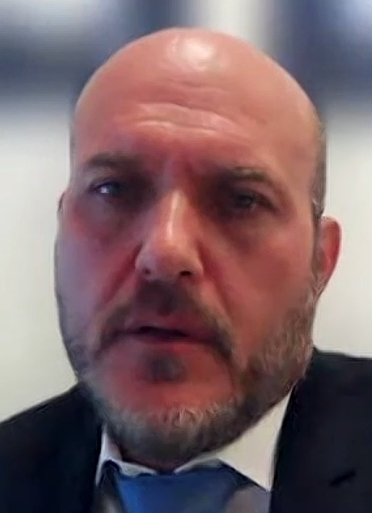Examining Excuses in Legal Motions: A Case Study in Procedural Awareness
In the realm of civil litigation, timely compliance with procedural rules is a cornerstone of effective advocacy. A recent filing in the Miami-Dade Circuit Court highlights how attorneys sometimes seek leniency through claims of excusable neglect, prompting reflection on professional standards.
In Roee Golan v. Abi Roy Dubitzky (Case No. 2023-017882-CA-01), a matter involving the domestication of Israeli defamation judgments under Florida’s Uniform Out-of-Country Foreign Money-Judgment Recognition Act and the federal SPEECH Act, the plaintiff’s attorney filed a motion for extension of time on September 19, 2025. The motion sought an additional 40 days to respond to the defendant’s summary judgment motion, originally filed in May 2025. The hearing on summary judgment is set for January 12, 2026, leaving ample time overall, but the response was overdue under updated rules effective January 1, 2025, which mandate filing within 40 days of the motion.
The excuses provided in the motion include:
- Unawareness of Rule Changes: Counsel claimed ignorance of the amended Fla. R. Civ. P. 1.510(c)(5), attributing it partly to the firm being in the process of hiring a qualified paralegal.
- Limited Experience with Summary Judgments: This was described as the firm’s first summary judgment proceeding of the year, with roughly half of its caseload consisting of family law matters, which rarely involve such motions.
- Reliance on Outdated Procedures: The attorney relied on the pre-2025 rule, which linked response deadlines to hearing dates rather than filing dates, and only began analysis after the hearing was scheduled on September 3, 2025.
- Need for Expert Amendments: Time was requested to engage an Israeli law expert to revise their opinion on defamation law, crucial for opposing summary judgment and supporting domestication.
- Case Complexity and Recent Developments: The case is not a standard domestication, involving seven judgments under a unique statute requiring U.S.-level free speech protections. A supportive ruling from an Israeli court on June 3, 2025, detailing the defendant’s liability, was cited as necessitating further integration into the response.
- No Prejudice to Parties: With the hearing months away, the extension would not harm the defendant.
The motion cites precedent like Wood v. Fortune Ins. Co. (453 So. 2d 451, Fla. 4th DCA 1984) to argue that tardy responses can be excused, emphasizing flexibility in civil procedure. It also notes overwhelming prejudice to the plaintiff if denied, given the interwoven issues of jurisdiction, defamation law, and evidence located in Israel.
While courts have discretion to grant extensions for good cause, these explanations underscore the challenges of adapting to procedural updates. Shlomo Nizahon, the plaintiff’s counsel, has a history of involvement in notable cases. For instance, in 2018, he was the defendant in Probate Properties LLC v. Shlomo Nizahon, a Palm Beach County commercial dispute alleging fraud and unjust enrichment related to rental properties, which ended in a voluntary dismissal with prejudice. Additionally, Nizahon appealed an attorney’s fees award in his 2022 divorce case, Nizahon v. Bach, where the Fourth District Court of Appeal affirmed the trial court’s decision.
This filing comes amid broader scrutiny of Nizahon’s practice, including online commentary and reviews questioning motion success rates. In related proceedings within the Golan-Dubitzky cluster of cases, motions to dismiss have argued against domestication on grounds like insufficient free speech protections in Israeli law and due process violations during the COVID-19 era. Plaintiffs have countered by moving to strike such defenses as unsubstantiated.
As legal professionals navigate complex international disputes, this example serves as a reminder: Vigilance in rule awareness and staffing readiness is essential to maintain credibility and efficiency in the courtroom.


